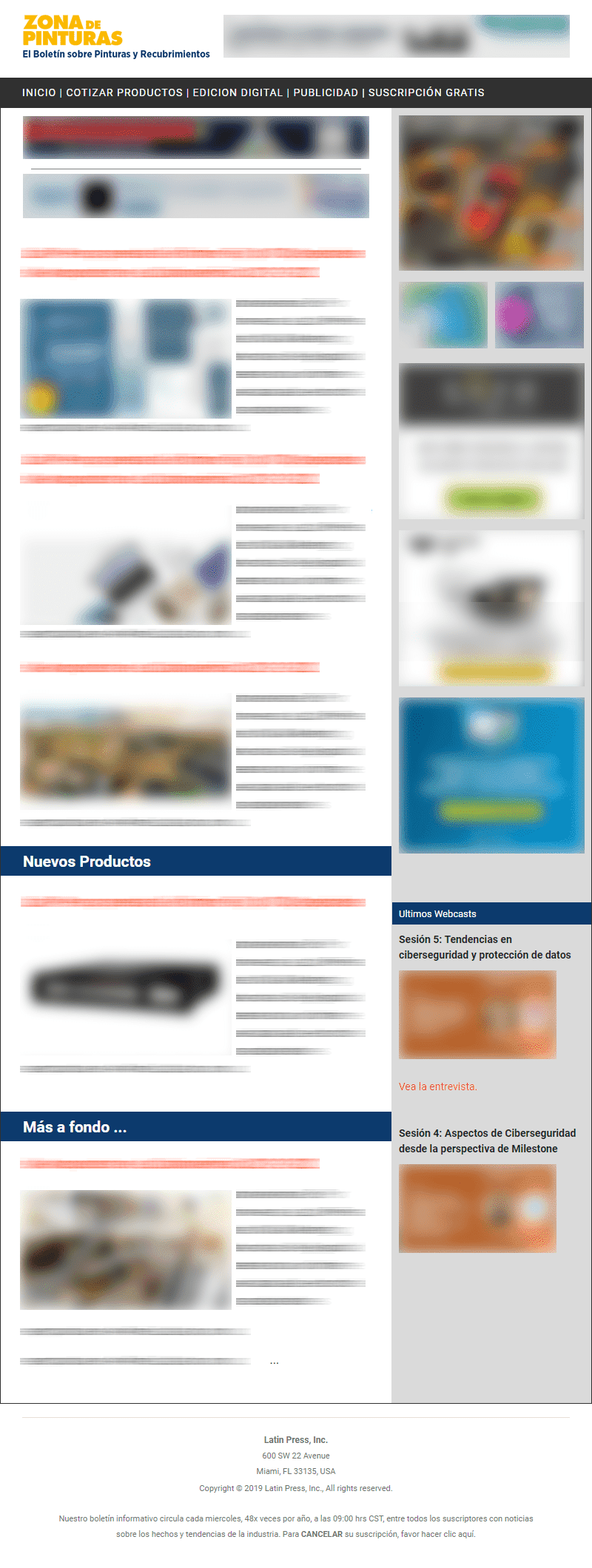Beckers works collaboratively with BioBTX and Symeres to create a supply chain of sustainable aromatic monomers made from plastic waste.
BioBTX has developed a method to convert plastic waste into BTX (benzene, toluene and xylene) which Symeres then takes and oxidizes the xylenes into aromatic phthalic monomers that Beckers can use to create resins.
Phthalic anhydride is very important for the production of polyester resin, as it is the most widely used aromatic acid and constitutes 40-50 percent of the resins in which it is present. Phthalic anhydride produced by this pathway can be used as a complement to existing phthalic anhydride produced from petroleum.
The pilot involves the processing of mixed plastic waste into sustainable chemical components and eventually high-value products, using multiple advanced sustainable chemical conversions.
This includes the unique integrated catalytic cascade pyrolysis (ICCP) technology to convert mixed plastic waste and biomass into aromatic compounds such as benzene, toluene and xylenes.
Beckers is particularly interested in xylenes, which can be oxidized to produce monomers, such as phthalic anhydride, for use in polyester resins for coatings.
"No one has ever created a coil coating containing phthalic anhydride from plastic waste, so this world first is an important step forward in terms of producing more sustainable resins and paints," said Julien Marquiant, director of Beckers' resins laboratory.
























